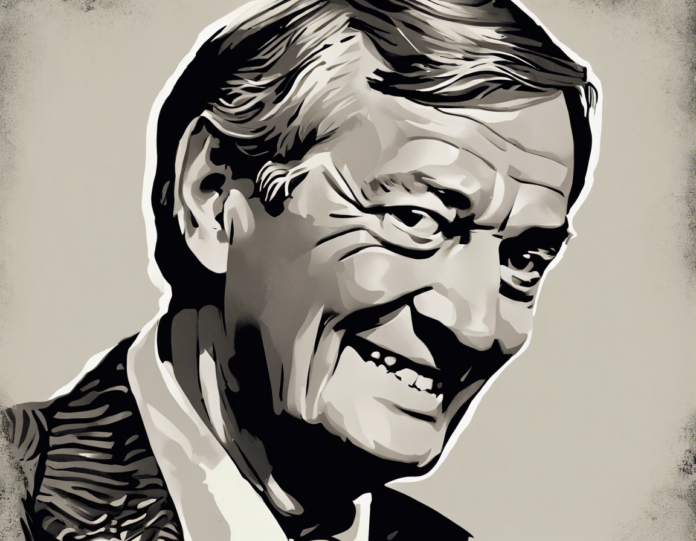Legendary filmmaker Roger Corman passed away at the age of 95, leaving behind a legacy that has forever shaped the landscape of cinema. Corman, often hailed as the “King of the B-Movies,” was a prolific writer, director, and producer who significantly influenced the industry with his innovative approach to filmmaking. His career spanned over six decades, during which he produced hundreds of films and mentored a generation of budding filmmakers who would go on to achieve great success in Hollywood.
Early Life and Career:
Born on April 5, 1926, in Detroit, Michigan, Corman developed a passion for storytelling and cinema at an early age. He studied engineering at Stanford University but soon shifted his focus to film, earning a degree in Industrial Engineering. In the 1950s, Corman began his career in the film industry, initially working as a messenger at Twentieth Century Fox before transitioning to a script reader and later a story analyst.
Impact on Cinema:
Corman’s impact on cinema is immeasurable, particularly within the realm of independent and low-budget filmmaking. He was known for his ability to produce films quickly and efficiently, often completing a movie in a matter of days. This streamlined approach to production not only kept costs down but also allowed for creative experimentation and risk-taking.
One of Corman’s most significant contributions to the film industry was his role in launching the careers of numerous iconic filmmakers. Directors such as Francis Ford Coppola, Martin Scorsese, and James Cameron all got their start working with Corman, who provided them with the opportunity to hone their craft and push the boundaries of traditional filmmaking.
The Corman Style:
Corman’s films were characterized by their gritty realism, exploitation of contemporary social issues, and often controversial subject matter. He was unafraid to tackle taboo topics such as race relations, teenage delinquency, and political corruption, pushing the boundaries of what was considered acceptable in mainstream cinema.
Corman was also a pioneer in the realm of genre filmmaking, producing a wide range of films across various genres, including horror, science fiction, and comedy. His works often featured strong female protagonists and unconventional storytelling techniques that challenged traditional Hollywood norms.
Legacy and Influence:
Despite working outside the Hollywood studio system for much of his career, Corman’s influence on mainstream cinema is undeniable. His emphasis on creativity, resourcefulness, and independence inspired a new generation of filmmakers to pursue their artistic visions without compromise.
Corman’s impact extended beyond just the creative aspects of filmmaking; he also played a crucial role in shaping the business side of the industry. His ability to identify emerging talent and produce profitable films on shoestring budgets set a precedent for independent filmmakers looking to break into the business.
Frequently Asked Questions (FAQs):
1. What were some of Roger Corman’s most famous films?
– Roger Corman directed and produced a vast number of films in his career. Some of his most famous works include “The Little Shop of Horrors,” “The Masque of the Red Death,” and “Piranha.”
2. How did Roger Corman become known as the “King of the B-Movies”?
– Roger Corman earned the title of the “King of the B-Movies” due to his prolific output of low-budget films that often fell outside the mainstream Hollywood system.
3. How did Roger Corman influence other filmmakers in the industry?
– Roger Corman’s mentorship and support of emerging filmmakers played a crucial role in launching the careers of directors such as Francis Ford Coppola, Martin Scorsese, and James Cameron.
4. What was Roger Corman’s approach to filmmaking?
– Roger Corman was known for his efficient and cost-effective approach to filmmaking, often completing movies in a matter of days and encouraging creative experimentation.
5. What is Roger Corman’s lasting legacy in the film industry?
– Roger Corman’s lasting legacy in the film industry includes his impact on independent filmmaking, his mentorship of young talent, and his contributions to genre cinema.
In conclusion, Roger Corman’s passing marks the end of an era in cinema history. His innovative spirit, groundbreaking work, and enduring influence will continue to inspire filmmakers and audiences for generations to come. As we reflect on his remarkable career, we celebrate the legacy of a true pioneer in the world of filmmaking.












